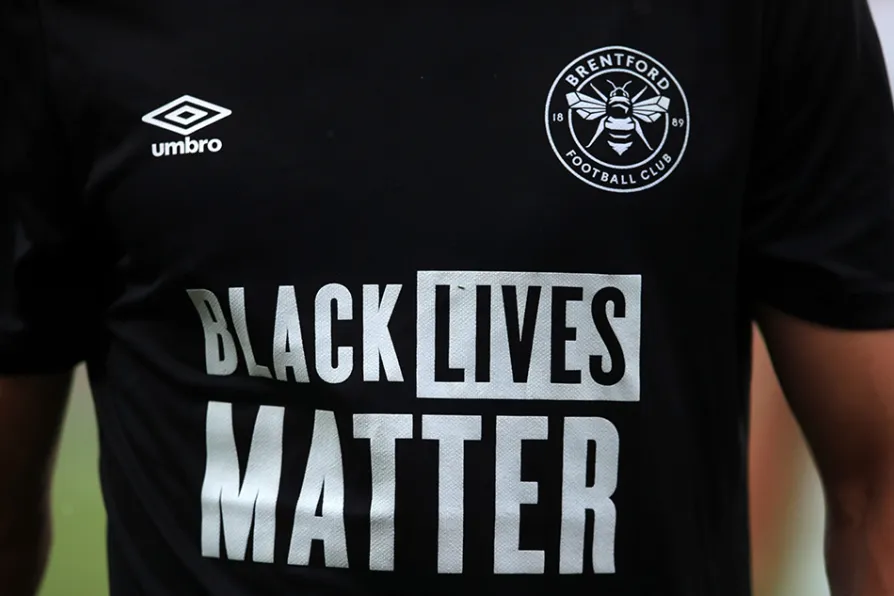The truth will out: we are here to unveil the full scale of the government’s complicity in genocide and to hold it to account for the monstrous bloodshed in Palestine, writes JEREMY CORBYN


HISTORY doesn’t repeat itself, although some of us who like studying and learning from history are sometimes guilty of thinking it. But many commentators have drawn a comparison between the present moment and the political developments of the 1960s. This comparison is valid and we should learn the era’s lessons.
In the 1960s the US was in turmoil. The civil rights movement was on the march. So too was the anti-Vietnam war movement and there was the rise of the women’s movement fight for equality.
The current situation does not exactly mirror that. But we are facing the worst global public health crisis for a century. There is, too, huge and well-founded concern about the economic impact of the crisis and what that means for jobs, for living standards, public services and the environment.

Every Starmer boast about removing asylum-seekers probably wins Reform another seat while Labour loses more voters to Lib Dems, Greens and nationalists than to the far right — the disaster facing Labour is the leadership’s fault, writes DIANE ABBOTT MP

DIANE ABBOTT explodes the anti-migrant myths perpetrated by cynical politicians and an irresponsible mass media

Our Foreign Secretary now condemns Israel in the Commons, yet Britain still supplies weapons and intelligence for its bombing campaigns — as the horror reaches perhaps the final stage, action must finally replace words, writes DIANE ABBOTT MP

The BBC and OBR claim that failing to cut disability benefits could ‘destabilise the economy’ while ignoring the spendthrift approach to tens of billions on military spending that really spirals out of control, argues DIANE ABBOTT MP














